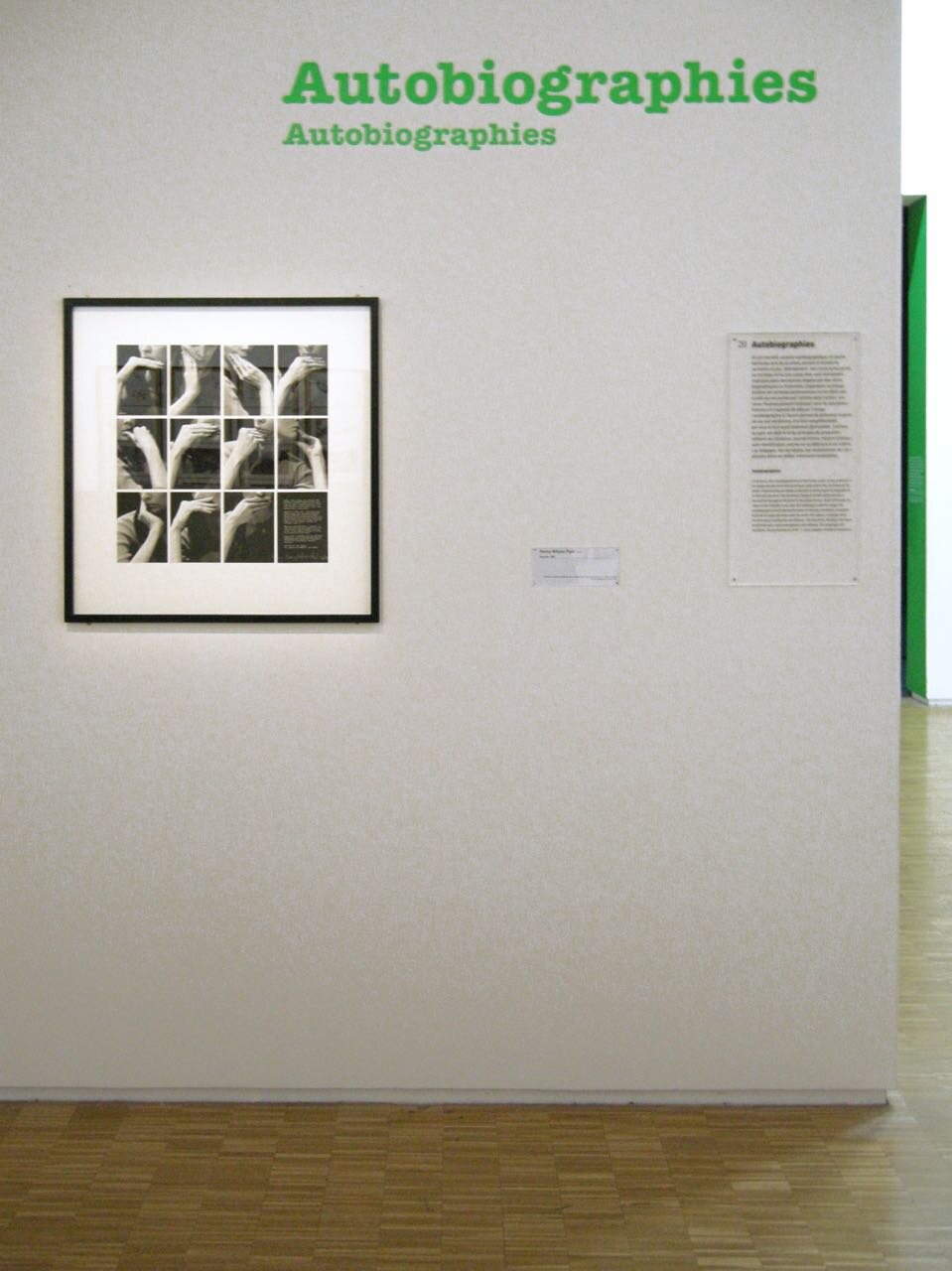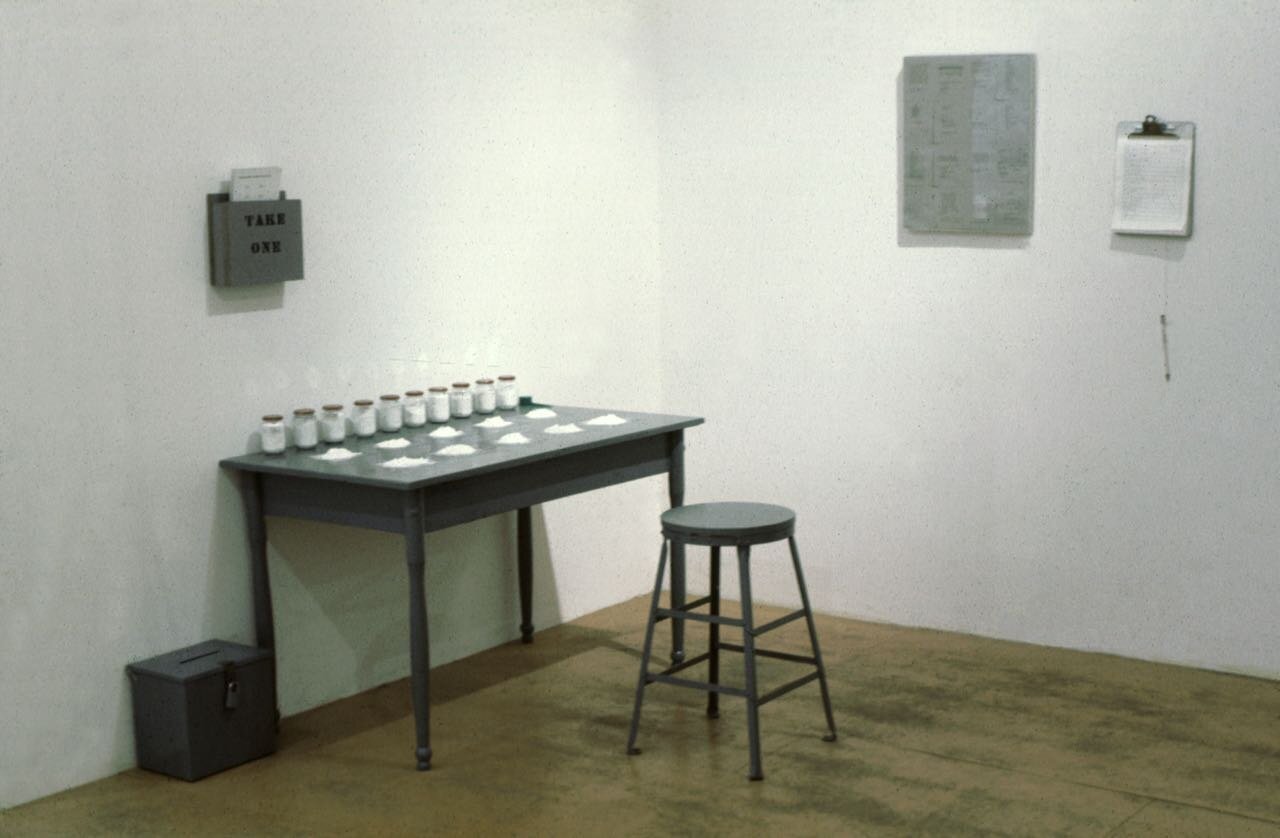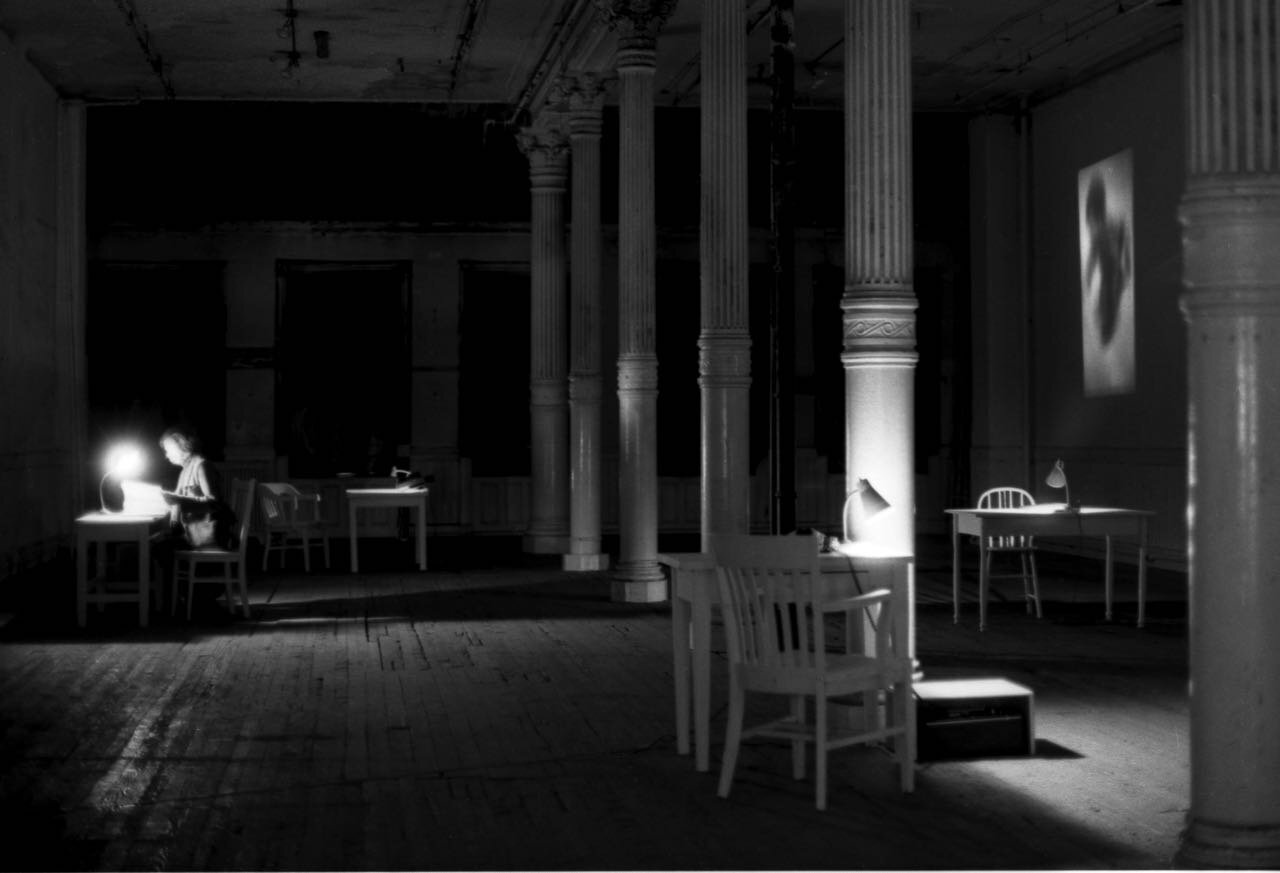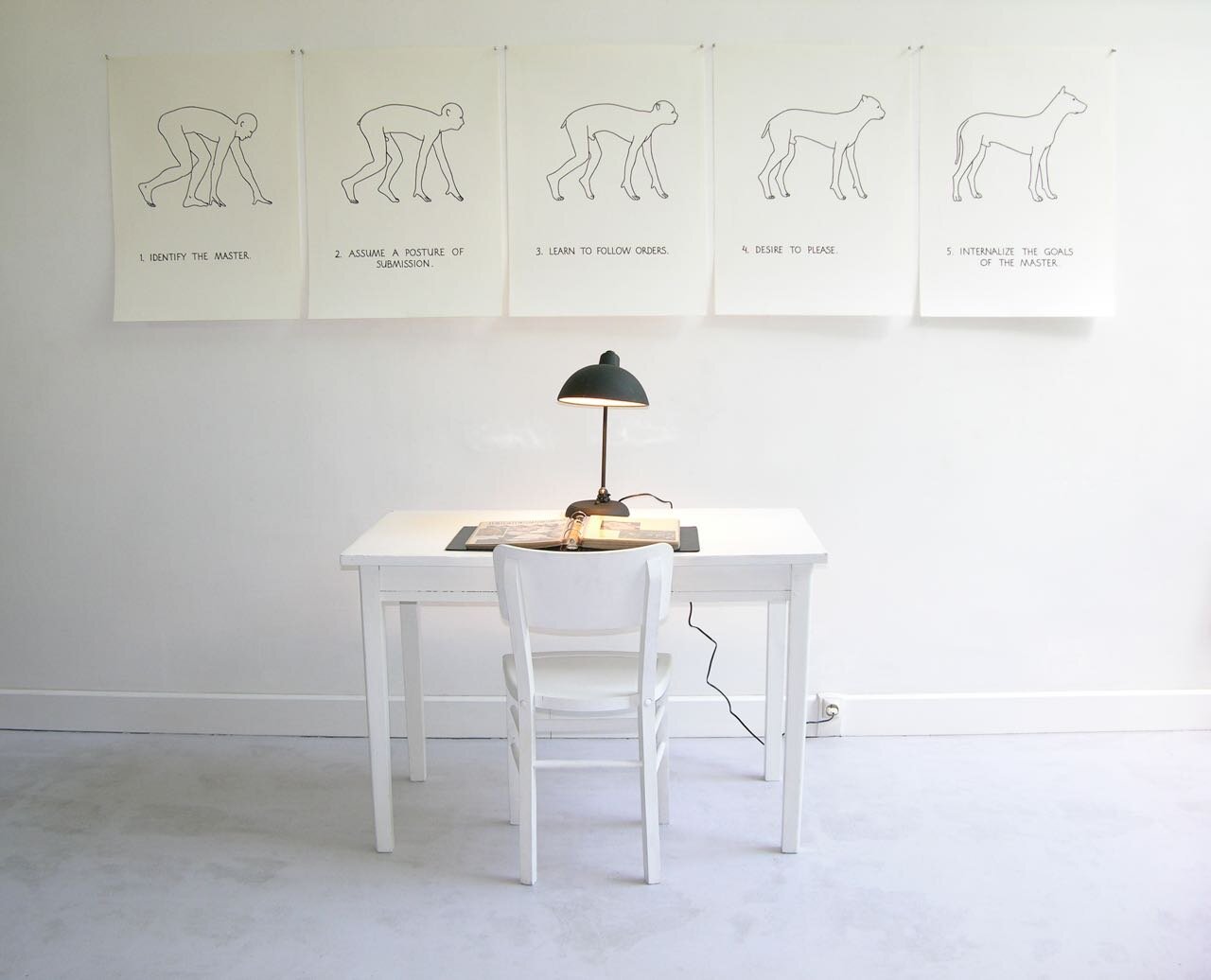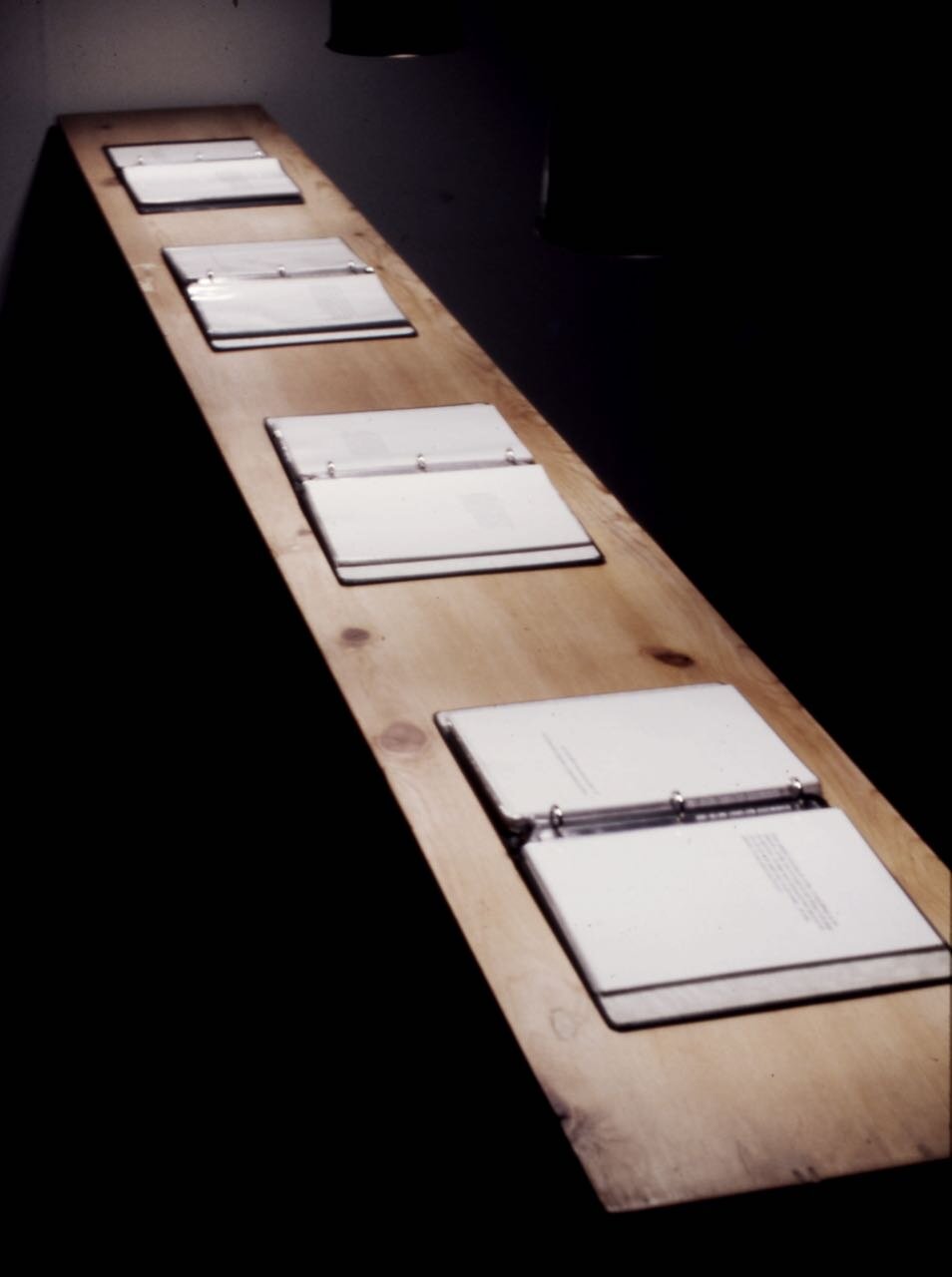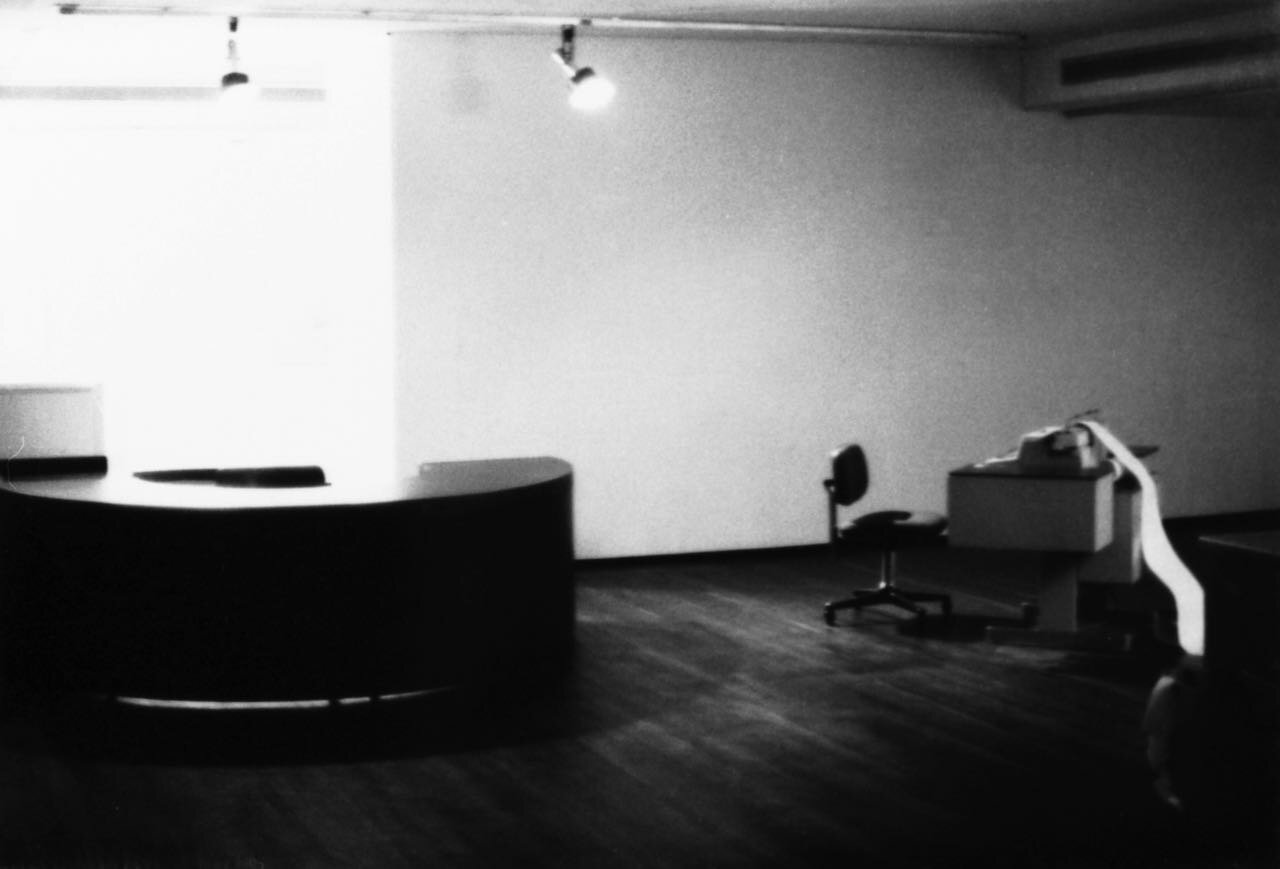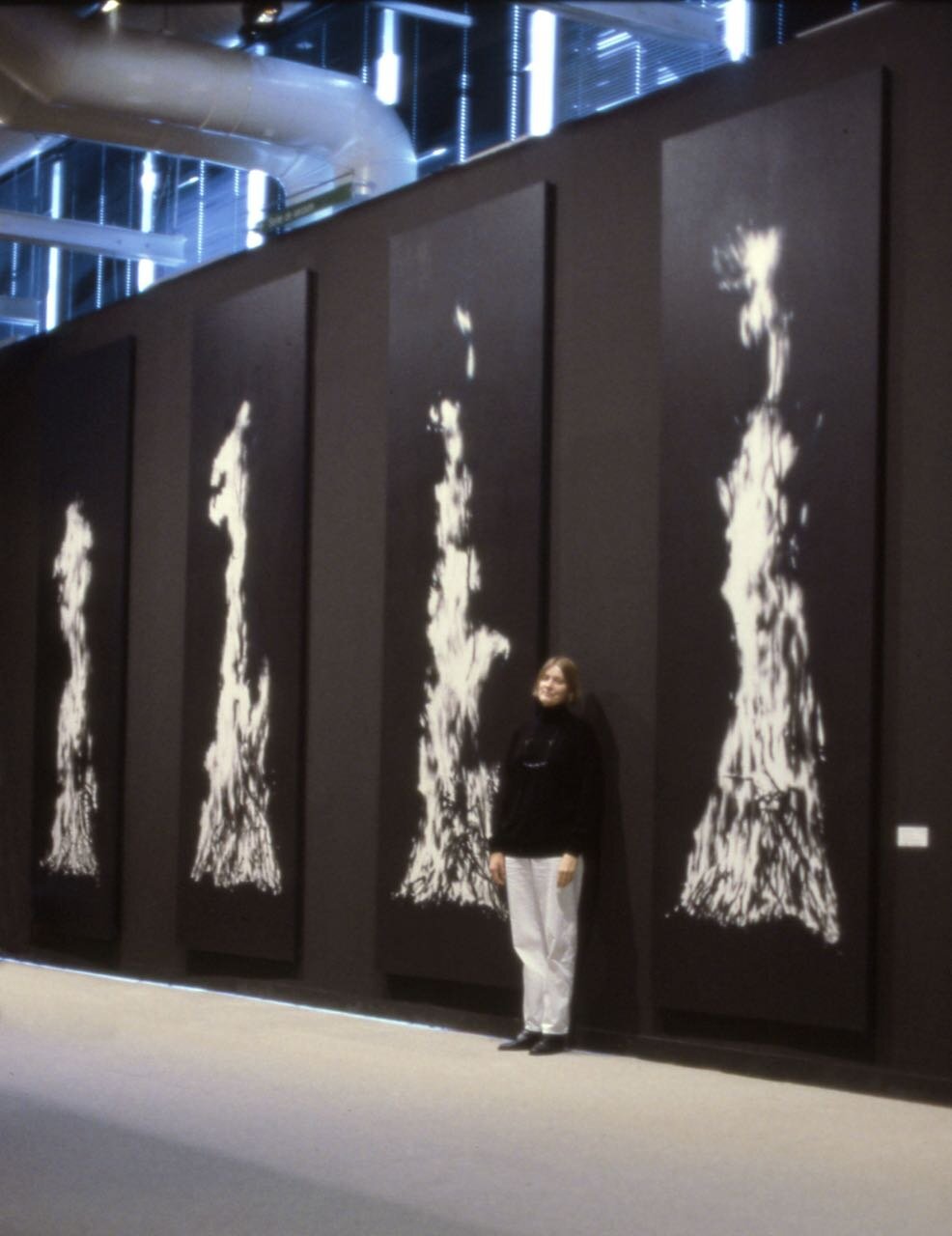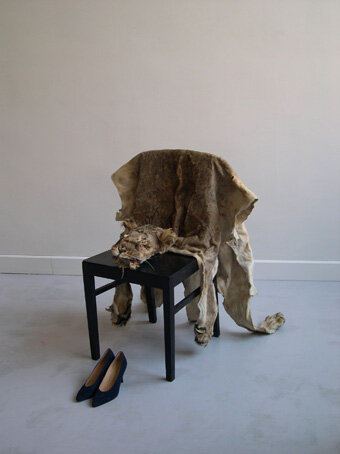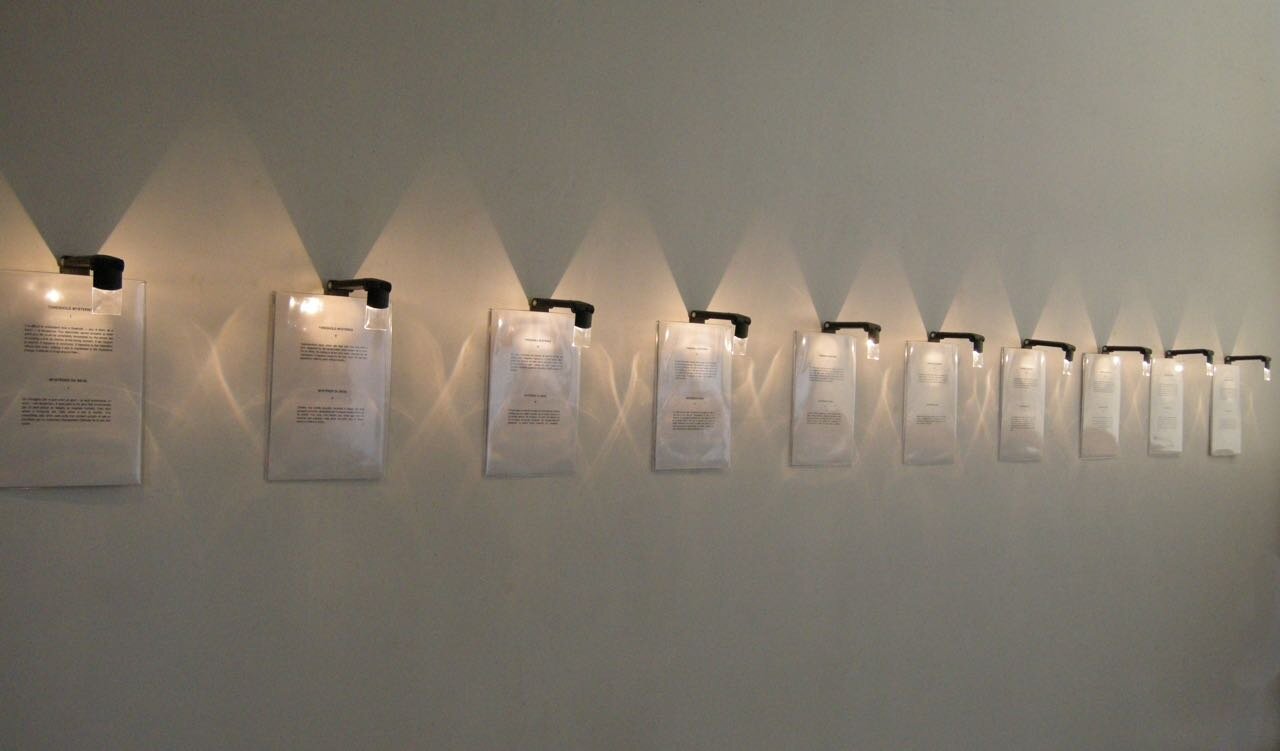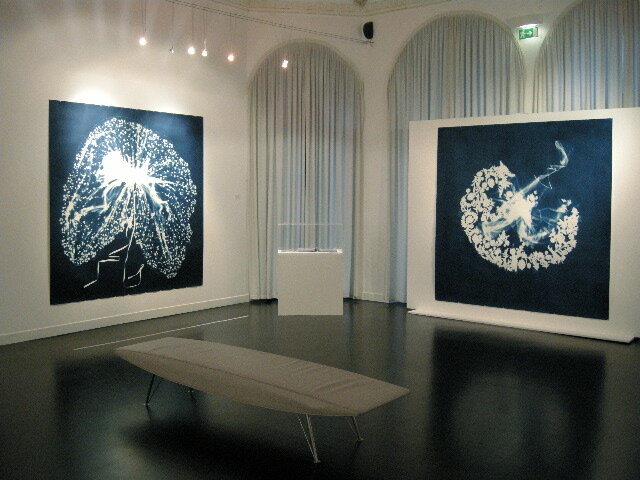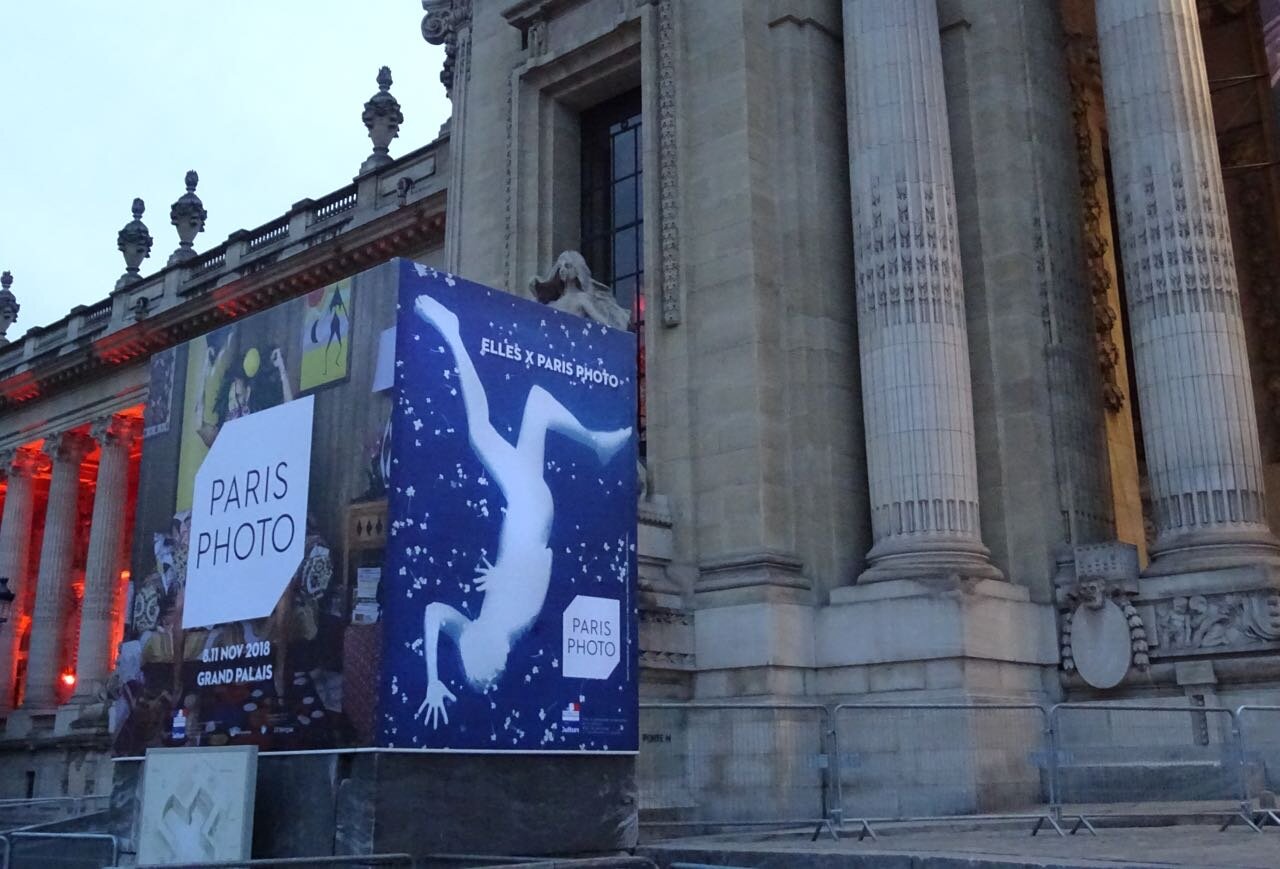“My work is concerned with the processes by which information accumulates and is transformed: by juxtaposition with other information, by memory, and by the individual’s order of priorities. I have used sound recordings and written text, video and film, photographs, drawings and computer print-outs — in installations, in book form and, more rarely, on the wall — to create mental spaces within which creative reflection may take place.”
Nancy Wilson-Pajic was excluded from participation in the art world both for the kind she was doing and the fact that she was a woman. Thus, free of conventional restraints, Wilson-Pajic’s work evolved into a practice of building narratives from objects, sound installations, photographs, and other media, a significant aesthetic and political statement at the time. In works such as “Dear John” and “My Grandmother’s Gestures” Wilson-Pajic takes personal experiences and contrasts them with societal expectations, placing the often unquestioned conventions of everyday life in stark relief. Her influence has played a significant part in remaking the art world into one that permits a genuine interest in and respect for women’s subjectivities.
Born in 1941 in Peru Indiana, Wilson-Pajic studied art, psychology, and literature at Indiana University, Ball State University and received a degree from Cooper Union.
Her involvement with A.I.R. as a founding member, allowed her to show work excluded from mainstream venues. From 1974 on, she became more invested in the international arts community and would eventually move to Paris in 1979. While in France, she focused her attention on the image and would go on to make influential works as a contemporary photographer, transforming the art form by looking at it through a critical feminist lens. She has gained wide acclaim for her work and is represented in museums and galleries across the world, including the French National Collection, National Museum of Modern Art in Paris, Musée Réattu in Arles, Musée Malraux in Calais, Daelim.
member 1972-74 | b. 1941 | France
+ Exhibitions
+ Selected Press
+ Publications
+ Public Collections
+ Website
https://pajic-wilson-pajic.pagesperso-orange.fr/pajic-wilson-pajic/NANCY_WILSON-PAJIC.html
